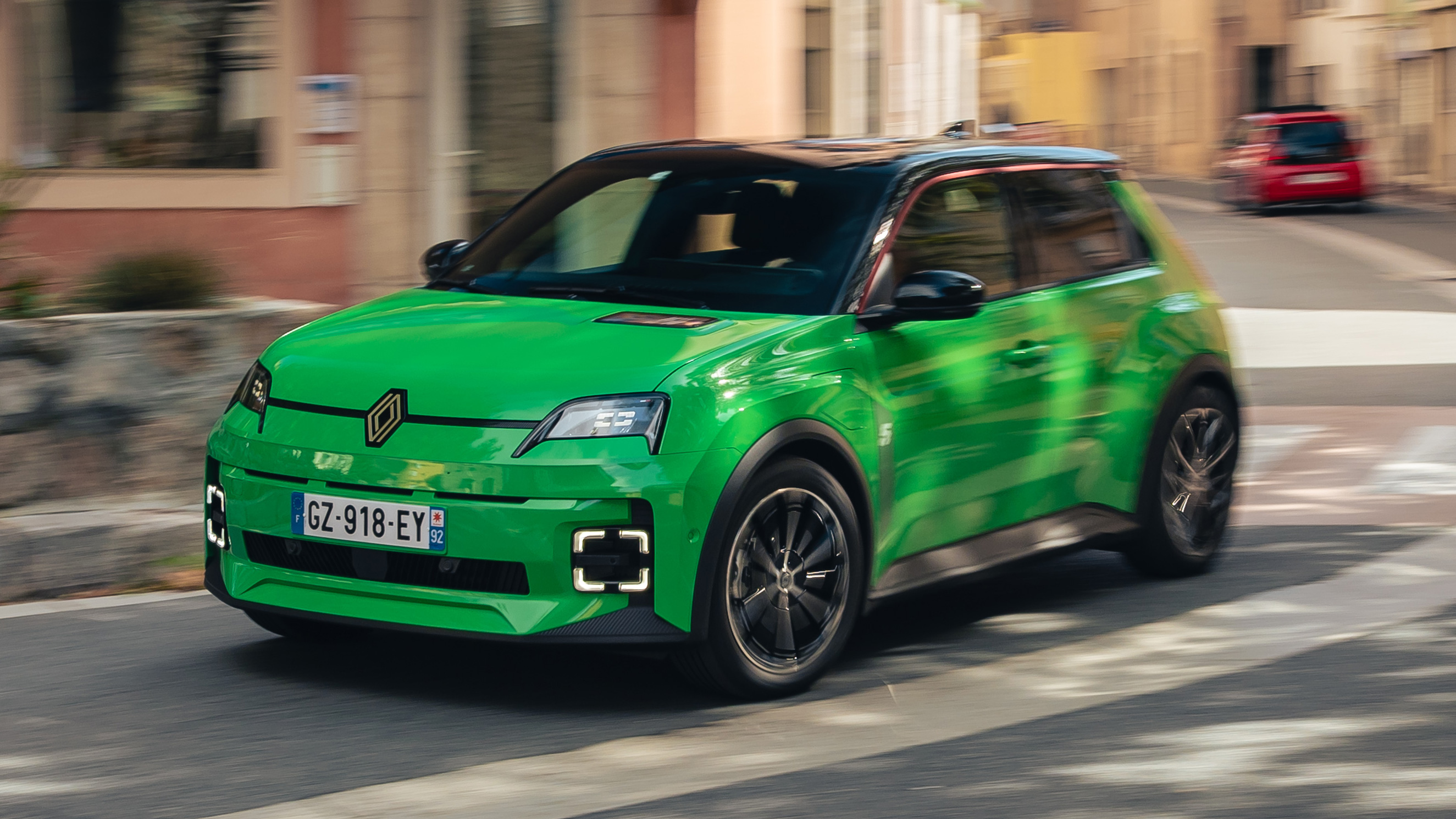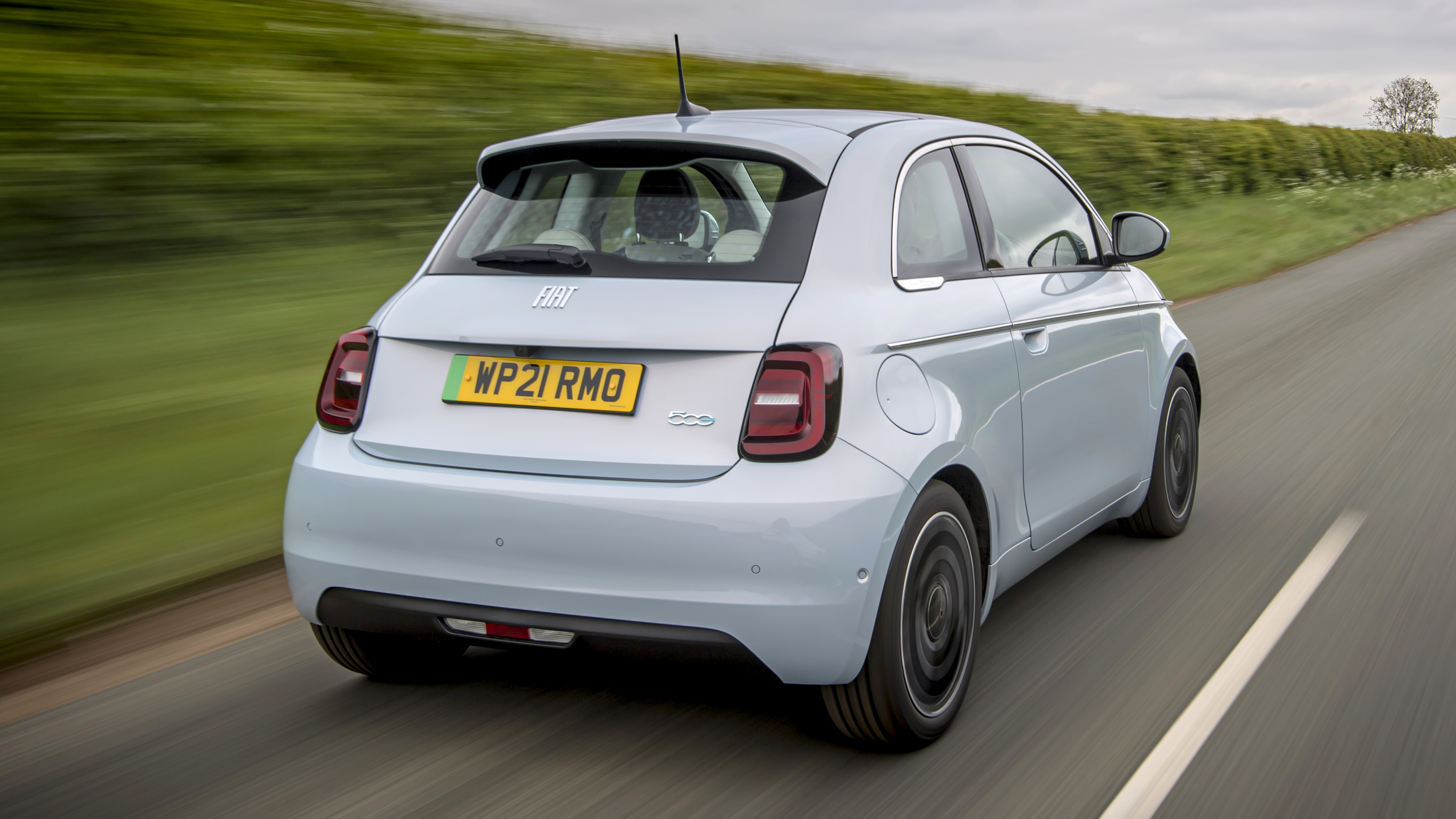
Stellantis and Renault want to save the small car
And that means a focus on lifetime emissions, not zero emissions
The fight is on for the little guy. Though we've said ciao to heroes like the Ford Fiesta and VW Up, the top cats from Renault and Stellantis reckon European regulations need to flex to save the future of the small car.
Stellantis chairman John Elkann told the FT’s Future of the Car summit: “Our roots are in small cars. They were really the driving force of prosperity. Those cars gave people the freedom that one enjoys with cars. With Luca, we believe 2025 is a year when the EU needs to decide if that's still relevant in the 21st century.”
Luca De Meo – CEO of Renault – added: “Small cars still have a purpose, and they actually could be one of the ways to boost the automotive market in Europe.
“The only problem we have is that [the way we produce cars right now] we make less money, sometimes no money on small cars.”
Even though competitors have shifted towards manufacturing bigger cars (mainly exported), Stellantis and Renault sell predominantly in Europe. De Meo said: “The medieval streets in Salamanca, Siena, and Heidelberg haven’t changed dimensions in 20 years and [there’s no space] to make the garage bigger.
He said "European regulation is [currently] about deadlines and fines”, leading to a 20 per cent increase in costs by 2030 to produce a medium-sized car. That kind of increase can’t be swallowed into emissions-free small-car production and has to be passed on to customers.
Thusly, people are holding onto their cars for longer – Elkann cites the average age of a car in Greece being 17.
In their minds, if legislation was adapted to favour 'lower emissions', rather than zero emissions, carmakers could use range-extender (REX) technology – electric cars with a smidge of engine-assistance – and plug-in hybrids to reduce emissions and the price of cars, and make profits to offset the break-even production of small cars.
De Meo said: “A full CO2 lifecycle approach [means] a car with a smaller battery, using less steel, less plastic, less everything, will be 75 per cent lower impact cradle-to-grave than the average European car.
According to De Meo maths, "a car over 10 years doing 124,000 miles (200,000kms) creates 60 tonnes of CO2 as an ICE. That drops to 20 tonnes as a BEV, but a range-extender or plug-in hybrid is 30 tonnes, still half of emissions".
Top Gear
Newsletter
Thank you for subscribing to our newsletter. Look out for your regular round-up of news, reviews and offers in your inbox.
Get all the latest news, reviews and exclusives, direct to your inbox.
Earlier this week, Ineos chief Lynn Calder also criticised the narrow 'one-tech solution' approach of the regulations.
With the industry squeezed by US tariffs, slower-than-expected EV sales and increased Chinese competition, Elkann concluded: "Europe needs to decide what it wants to do in terms of its industrial policy.
“Does it want to be a nation that builds cars? Or does it want to be a nation that buys cars?"
Trending this week
- 2026 TopGear.com Awards
Two-car garage? Forget it - the TG award-winning Defender Octa does it all








